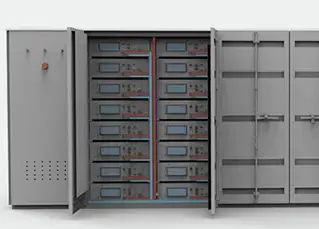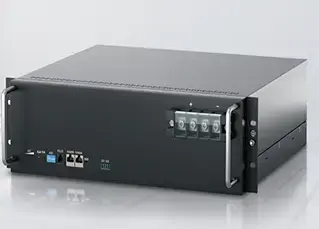Utility Solar Storage in Farming Solutions
In recent years, the agricultural sector has faced numerous challenges, from fluctuating energy costs to environmental concerns. Thankfully, advancements in renewable energy technology have paved the way for innovative solutions, such as utility solar storage, that can address these issues. This blog will explore the importance of utility solar storage in farming solutions and how it can revolutionize the way farms operate.
Enhancing Energy Efficiency on Farms
Energy plays a vital role in agriculture, powering machinery, irrigation systems, and cooling facilities. However, high energy costs can significantly impact farmers' profitability. Utility scale battery storage provides a practical and cost-effective solution by harnessing the power of the sun and storing it for later use. With solar panels installed on their land, farmers can generate renewable energy, reducing their reliance on the grid and cutting down on electricity bills. Moreover, the excess energy generated during the day can be stored in batteries, ensuring a consistent power supply even during cloudy days or at night. This reliability allows farmers to operate their farms efficiently and sustainably, enhancing overall energy efficiency.
Mitigating Environmental Impact
Modern agriculture often faces criticism for its environmental impact. However, incorporating utility solar storage can significantly reduce farming's carbon footprint. By generating clean, renewable energy on-site, farms can decrease their reliance on fossil fuels and conventional grid electricity, leading to a substantial reduction in greenhouse gas emissions. Additionally, utility solar energy storage systems allow farmers to utilize energy during peak demand periods, reducing strain on the grid and promoting a more stable and sustainable energy infrastructure. This shift to renewable energy sources reaffirms the agricultural sector's commitment to environmental stewardship and sustainability.
Empowering Farmers with Grid Independence
One of the significant advantages of utility stationary storage battery systems is the ability to provide farms with grid independence. Traditional farming operations are often vulnerable to power outages, which can lead to crop damage, livestock loss, and equipment breakdown. By adopting utility solar storage, farmers can ensure a reliable power supply even in the event of grid failures. The stored energy can be utilized during emergencies, allowing farmers to continue their operations uninterrupted. Additionally, utility solar storage enhances the overall resilience of the agricultural sector, protecting farmers from price fluctuations and ensuring stable energy supply for essential farming activities.
Utility solar storage is transforming the farming landscape by offering sustainable solutions to some of the industry's most pressing challenges. Through enhanced energy efficiency, mitigating environmental impact, and empowering farmers with grid independence, utility solar storage is revolutionizing the way farms operate. As the agricultural sector continues to evolve, embracing renewable energy technologies will not only benefit farmers but also contribute to a greener and more sustainable future.
BESS Utility technology is increasingly important as the world transitions towards renewable energy and seeks ways to enhance grid reliability and efficiency.





 EN
EN
 fr
fr  de
de  es
es 


